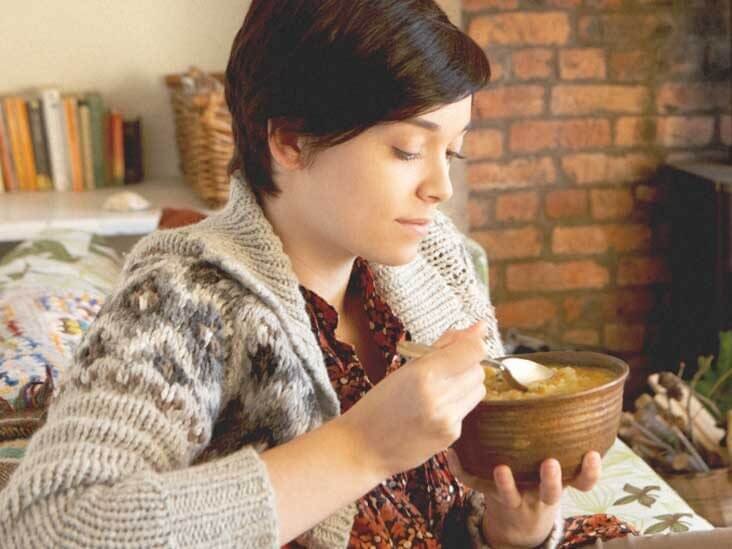
The colon is the section of the large intestine that is the longest. Water, certain minerals, and electrolytes are removed from partially digested food by the colon. The remainder, solid waste known as stool, passes through the colon, is stored in the rectum, and exits the body via the anus.
What to eat after a colonoscopy with poly removal? White bread toast, herbal tea, and tinned fruits are really the best to get your colon healthy and going again. As it processes electrolytes, electrolyte heavy drinks such as isotonic sports drinks are also healthy for the colon.
The endoscopic inspection of the large intestine and the distal section of the small bowel with a CCD camera or a fibre optic camera on a flexible tube passing via the anus is known as colonoscopy or coloscopy. It can make a visual diagnosis (such as ulcers or polyps) and allow for biopsy or excision of suspected colorectal cancer lesions.
Although different types of screenings are available, colorectal screening remains the best and most accurate for identifying colon health risks. It is an accurate colon cancer test, and can also identify inflammatory bowel disease.
What are Polyps and a Colonoscopy?

Regular screening can go a long way towards your colon health. Like many parts of your body, the colon is in constant use and under a lot of regular pressure. As such, it is important we take care of it with a healthy diet and routine exercise.
Poor diets leading to obesity and type two diabetes are, in fact, risk factors for colon cancer. As such, monitoring our sugar and saturated fat intake is important to our digestive health and avoiding unwanted cancer scares in our colon.
Still, problems can occur more naturally, such as polyps. Polyps are small growths on the colon wall, which can lead to some irritation. Although not cancerous or precancerous, polyps can be problematic and difficult to endure with the pain they cause.
Thankfully a wide array of diagnostic procedures are available, and if necessary a colonoscopy outpatient procedure can be performed. This will remove any irritating polyps, but can also be a treatment for the more serious condition of colon cancer.
How to Prepare for a Colonoscopy
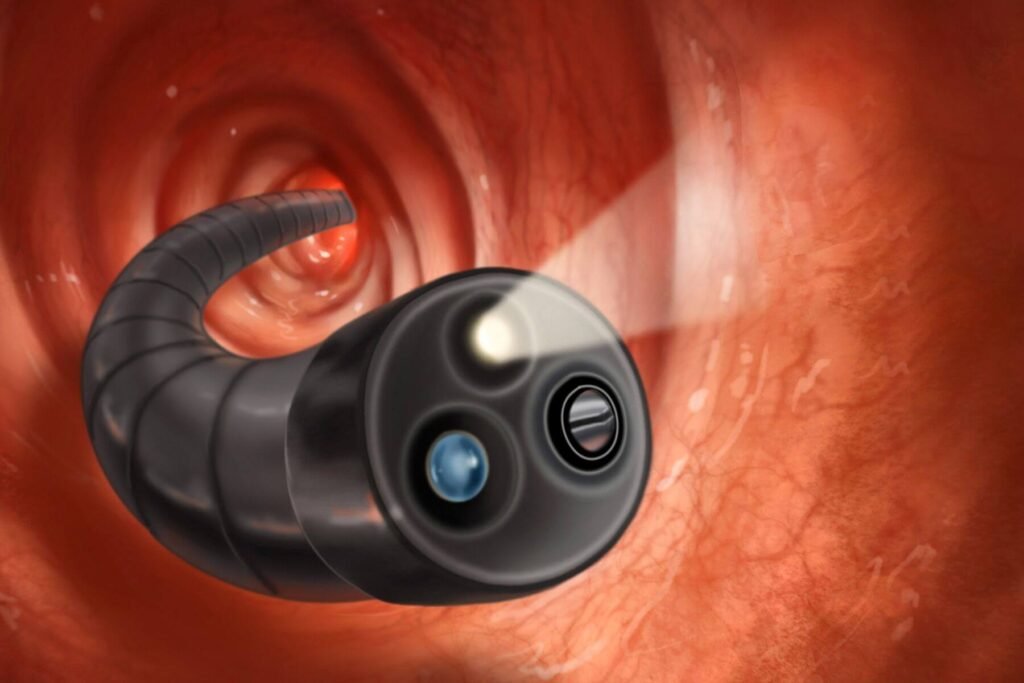
Colon distress can lead to irregular or difficult bowel movements. As you might expect, this make operating on the colon difficult for doctors, and you may be asked to do some bowel prep. Although unpleasant, this bowel preparation is necessary to a successful surgery.
Bowel prep will usually involve limiting your diet to a liquid diet. This means no solid food, so you should try to keep a blender or food processor to hand. Taking laxatives to ease the bowel overnight to be emptied is also a good way to make the procedure easier on doctors, and avoid the risk of going septic during surgery.
In fact, if your bowel is too full then your doctor is likely to refuse to operate thanks to the risk of sepsis. You can thoroughly make sure your bowel is empty with another final step of bowel prep. An enema kit, an efficient and effective way to flush out your bowel with fluids.
Foods to Eat After a Colonoscopy

Drinking and sticking to liquids after a colonoscopy can be a good way to ease your body back into things. Be sure to drink plenty of water to stay hydrated, but feel free to mix in fruit juices, sports drinks, and herbal teas. Be careful with vegetable juice however.
Soft foods such as ice cream and yoghurt can cool any irritation or inflammation from the surgery. These can be a great way to include dairy in your after surgery diet, and act as a tasty treat. Especially when you should be avoided fatty foods and can’t otherwise enjoy a dessert easily.
Sticking to the soft and liquid trend, soup is a great and hearty snack that is sure to have you feeling full. Mashed potatoes, soft fish, and things which are otherwise saucy or creamy go down easy for your colon. They are also great if you have difficulty swallowing thanks to medications or other digestive disorders.
Foods to avoid After a Colonoscopy
A number of foods may upset and irritate your colon after surgery. Some of these may be fairly obvious, such as spicy foods. Hot spices can feel irritating for the body at the healthiest of times, but after surgery your digestive tract is unlikely to handle them very well.

This is also extends to excessively salty foods, which can upset your intestine with their high salinity. You are generally better off sticking to a diet of the best foods listed above for a day or two, in order to not cause damage to your colon after surgery.
Some foods may surprise you, such as raw vegetables. Raw veg contains many bacteria, which can be harmful to the lining of your colon. Usually health gurus and alternative medicine proponents will tell you these bacteria are healthy for you, but for a sensitive colon this is certainly not the case.
Whole grain bread and grain crackers are also best to be avoided. While other breads and gluten products can be fine, wholemeal and whole grain upsets the majority of people’s colons after a colonoscopy and can end up doing more damage, despite their healthy labels.
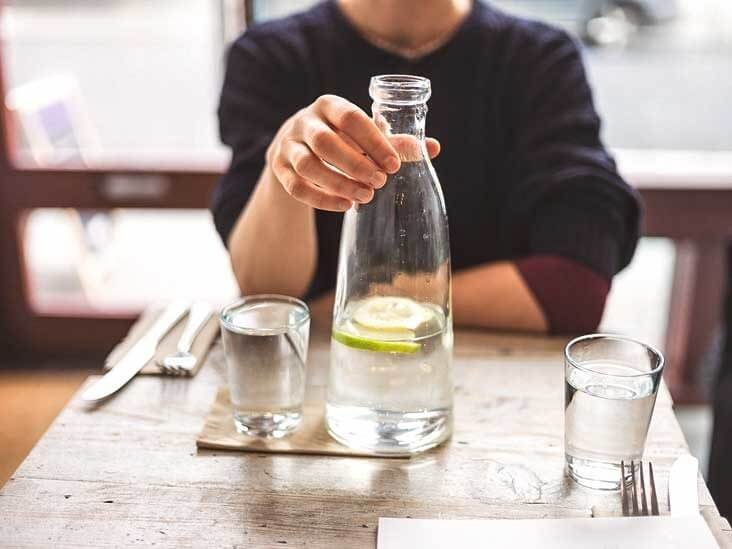
How to Cleanse and Keep a Healthy Colon
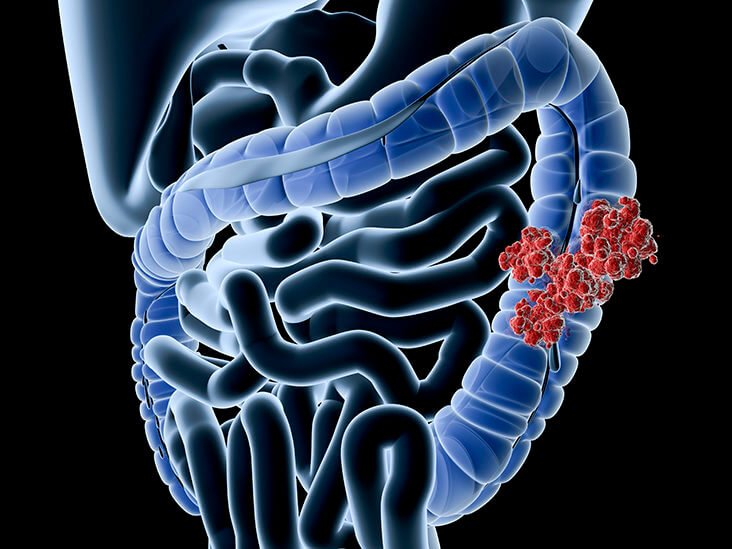
Cleanses are popular in modern fad diets, as a way to flsuh out toxins or other unwanted things from your body. While some use an enema kit much like preparing for a colonoscopy surgery, some stick to a strictly diet based way of cleansing.
This usually takes the form of a liquid diet, with fruit and vegetable juices designed to ease bowel movements and inhibit constipation. While a liquid diet is a good way to keep your colon flushed and empty, and an ideal way of preparing for surgery well in advance, it will do little to keep your colon completely healthy and free of polyps.
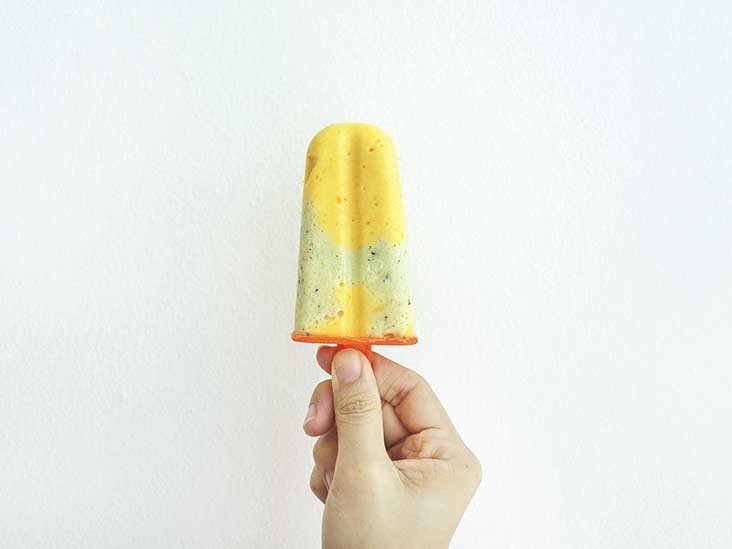
Ashly,
After reading what you wrote, I have a question. Perhaps I misunderstood a recommendation regarding milk. For example, “Soft foods such as ice cream and yoghurt can cool any irritation or inflammation from the surgery.”
Dairy actually INCREASES mucus and inflammation. Perhaps I missed something. I would be interested in knowing more from your perspective.